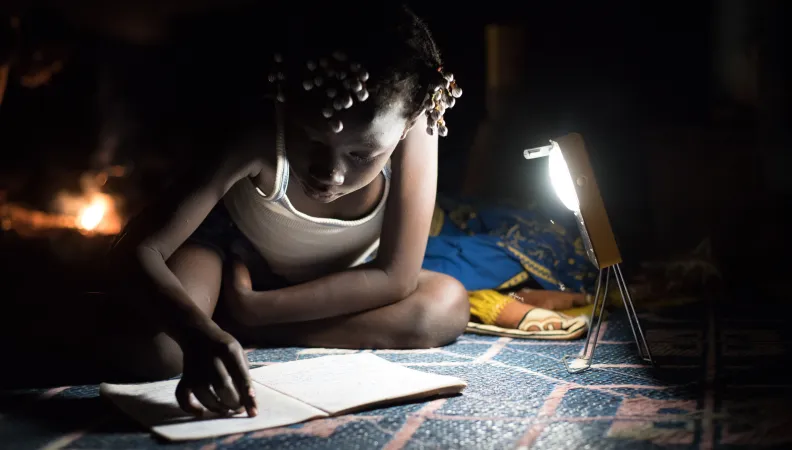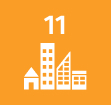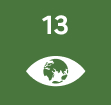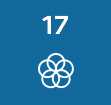Share the page
Setting up workshops for locally manufacturing green products in Africa
Project


-
Project start date
-
Status
Completed
-
Estimated date of project termination
-
-
Project financing date
-
-
Financing duration
-
4 years
-
Type of program
-
FFEM
-
Global financing amount
-
€ 3 300 000
-
FFEM financing amount
-
€ 369 000
-
Project lead member institution(s)
-
French Ministry of Economy and Finance
-
Country and region
-
Multi-country
-
Location
-
Bénin, Burkina Faso, Cameroun, Mali, République Démocratique du Congo, Sénégal
-
Type of financing
-
Partners
-
Self-financed
-
Beneficiaries
-
Lagazel




The French company Lagazel manufactures quality solar products in Africa, particularly lamps, enabling large-scale development and distribution of “green” equipment. The project is supported by the FFEM and aims to play a part in leveraging local expertise sustainably and profitably.
Context
650 million people in Africa have no access to electricity. Solar kits are proving to be a practical, secure, affordable and low-polluting solution. Most of these products are currently made in Asia, however, which does not support local economic development and poses problems in terms of after-sales service and recovering and managing end-of-life products.
As a result, the French company Lagazel has undertaken the task of industrialising the manufacture of solar lamps and other green products in Africa. It has organised so-called “L-Box” workshops focusing on manufacturing these products, with a view to developing a sustainable and profitable economic and technical template. Supported by the FFEM, this project is innovative from a technological, organisational and social point of view.
Description
The project has three components:
- Formalising a template for L-Box workshops (equipment, procedures, quality control, etc.) with professional training modules and structures capable of mass producing ready-to-use ultra-resistant green products.
- Replicating the L-Box workshops in five African countries in partnership with local stakeholders (including transferring technology and expertise) so they can be optimally tailored to the different circumstances in each country.
- Ensuring the long-term sustainability of L-Box workshops through partnerships with NGOs, research and development of new products and the tools to produce them, continuous improvement of local after-sales services, and collection procedures for used products.
Outcomes
- Commissioning 6 manufacturing workshops with around a hundred trained employees, including electric welders, metal processors, assemblers and quality controllers.
- Manufacturing 5,000 to 7,000 solar lamps per month using a 15-strong team in a pilot workshop in Dédougou, Burkina Faso
- Access to quality lighting for 4.3 million beneficiaries in 2020
- €200 million saved in total by users over the life of the solar lamp
- Reduction of 625,000 tonnes of C02 equivalent over the life of the lamp
Innovative and exemplary features
This project enables sustainable and profitable workshops to be set up on the African continent for the industrial manufacture of high-quality green products. These workshops contribute to national public policies in Africa for economic and industrial development, sustainable development, combating climate change, and vocational training, with a view to leveraging local skills and expertise.
By joining forces with local private, public and citizen partners, this project provides each host country with the opportunity to gradually move towards autonomous production of green electricity, benefiting both the population and the environment.
Sustainable Development Goals
ODD11 Sustainable cities and communities

ODD12 Responsible consumption and production

ODD13 Climate action

ODD17 Partnerships for the goals



